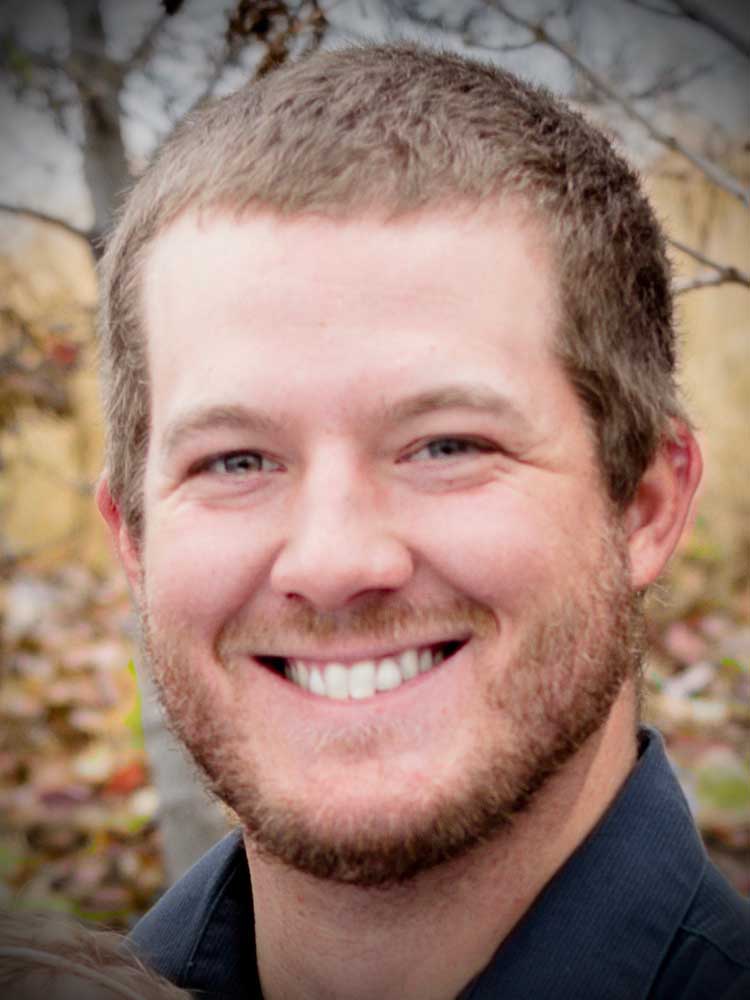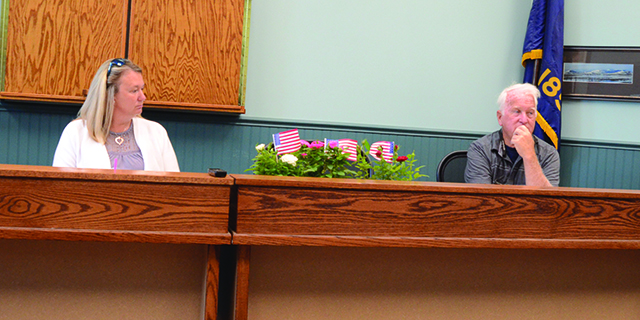On Liberty: All journalism is biased
Published 6:00 am Wednesday, August 4, 2021

- Patton
America has a rich legacy of lively public discourse, and, along with it, a history of robust and wide-ranging journalism. Growing from the humble roots of early publications such as “Letters from a Farmer” (1767), the development of technology and the 24-hour news cycle has led to a massive shift in our culture’s expectations of, and participation in, what we collectively call “the media.” Lately, we have seen an all-out war declared on “misinformation,” with the federal government leading the charge. We must remember, however, that there is great value in opening ourselves up to the challenge of entertaining ideas that differ from our own.
One misconception many Americans have is that our free press ought to be unbiased and committed solely to reporting “the facts.” We argue about which news outlets are legitimate, and then argue about the legitimacy of the facts themselves, turning to benevolent “watchdogs” like PolitiFact, Snopes.com, and FactCheck.org to uncover the “unbiased truth.”
What’s worse, we see news outlets like NPR, CNN, and the Associated Press attempting to distinguish themselves by claiming to be impartial and wholeheartedly committed to reporting the truth. The reality is that editorial discretion and the natural limitations placed on news outlets preclude unbiased reporting. Not every available story can be published and so, inevitably, some stories will be left out — this is called selection bias. This is also to say nothing of the implicit biases each of us hold as human beings; are we so naïve to think reporters and writers are capable of transcending their own unconscious biases? It is intellectually dishonest for news outlets to claim they are completely objective and neutral. We criticize institutions and media outlets that openly disclose their biases, but they deserve respect for being the only ones honest enough to disclose their partiality.
Additionally, this concept of “unbiased” news reporting is a relatively modern one. American journalism arose from a desire to distribute ideas and opinions that would engage and challenge the minds of readers, and many of these early publications were openly biased in their interpretation of the events of the time. Newspapers and other politically charged publications invigorated the colonial rebellion, and many modern historians claim that without newspapers there would have been no American Revolution at all. The Bill of Rights speaks clearly in defense of the sacredness of such freedom of expression, and protection of this liberty made it possible for the free press to develop into one of America’s strongest watchdogs over government actions and protectors of individual rights.
Interestingly, we are now seeing the media’s most vital function being corroded. Instead of the press playing the role of watchdog on behalf of the American citizens, the federal government is now acting as the gatekeeper of truth via its use of “fact checking” and by demanding the removal of “misinformation” from the public discourse. We must acknowledge that the definition of “misinformation” is arbitrary, and these actions set a very concerning precedent. It would be wise for those who stand in support of the current administration to consider how their views would change if a conservative administration had the option to utilize this excessive power to silence opposition under the guise of “fact checking.” We cannot support the silencing of voices, no matter how wrong we think they are.
Aristotle said, “It is the mark of an educated mind to be able to entertain a thought without accepting it.” In this culture plagued by tribalism, identity politics, “echo chambers” and deep-seated fear about discussing ideas that challenge our own, it is worth remembering that it is our own small minds and fragile egos that support silencing “misinformation.” Yes, there is objective truth, but isn’t it ironic that in a post-modern, “post-truth” world some of us have the audacity to claim we know the “facts” without acknowledging the other side of the story? We ought to consider the value of broadening our consciousness by entertaining the thoughts of those with whom we disagree, and stop relying on the government or the media to provide us a perfectly curated newsfeed that reinforces our beliefs.









